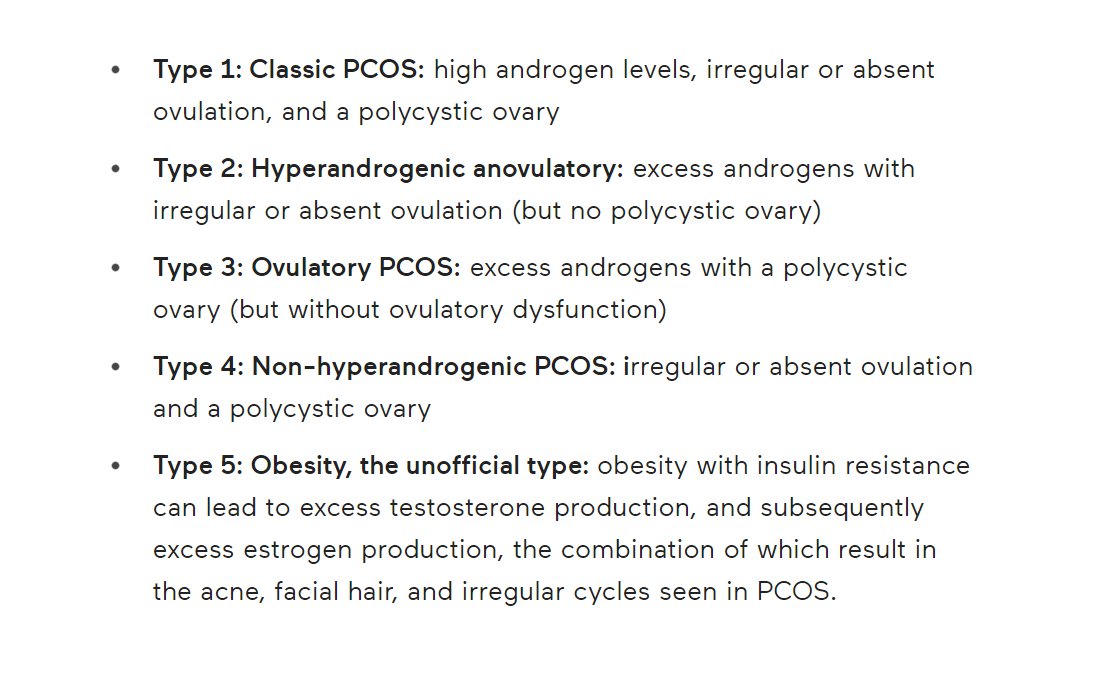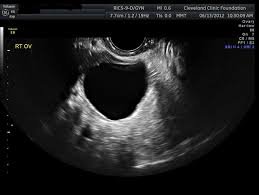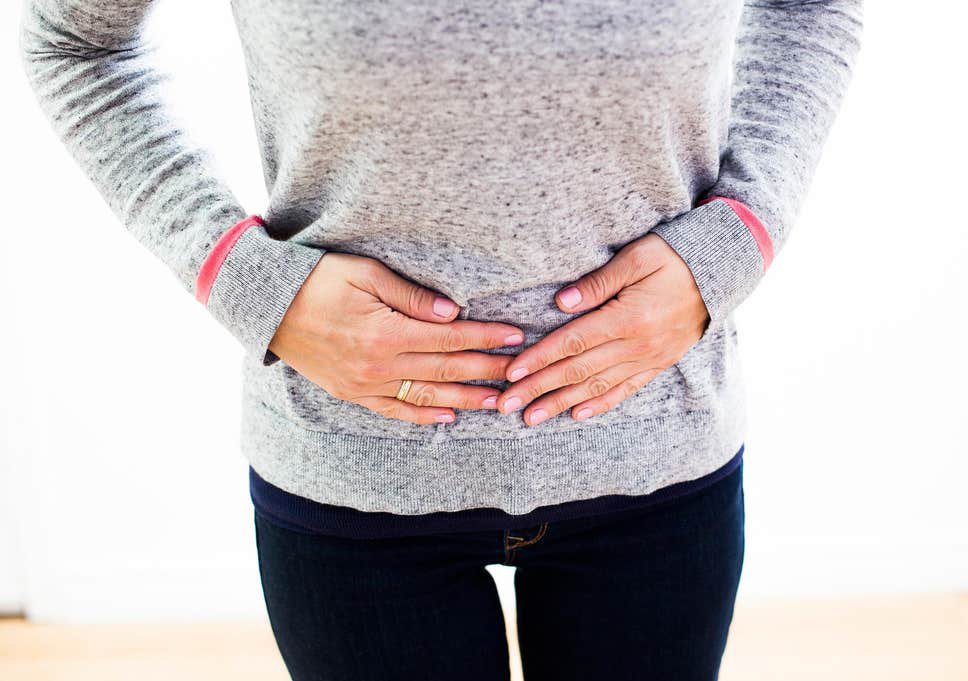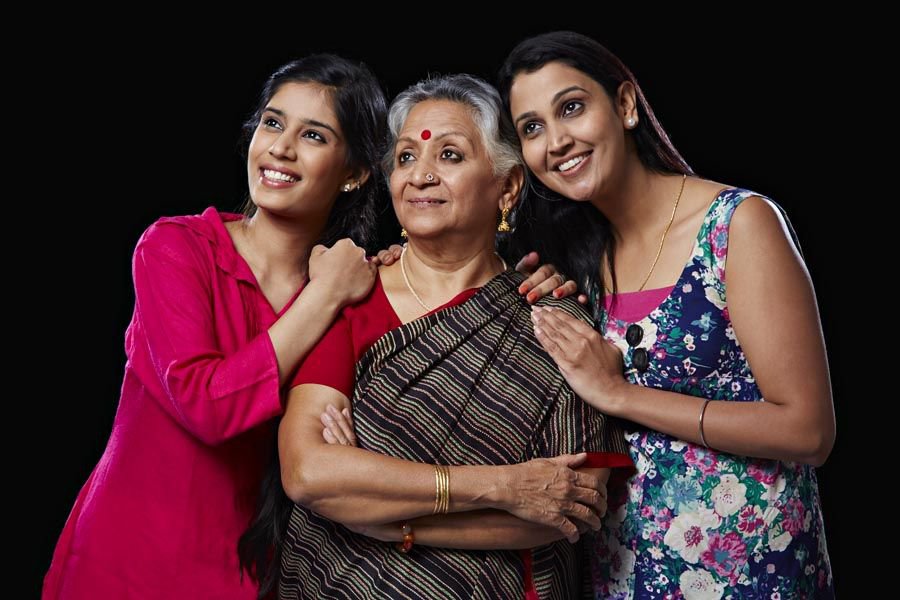PCOS is more than just hair fall, acne and irregular periods.
As September is officially the world awareness month for PCOS and PCOD, a syndrome which is also referred to as the “perfect hormonal storm“. Here’s everything you need to know about PCOS:
1. Represented by the hues of a teal ribbon, this initiative aims to educate and spread awareness about the symptoms associated to PCOS.
2. It is NOT at all a rare phenomenon. In fact, it is one of the most common endocrine disorderes faced by women worldwide.
3. PCOS and PCOD are two very different things but on the same spectrum. They aren’t synonymous with each other.
While PCOD is a condition, PCOS is a metabolic disorder. While the symptoms are on the same spectrum, the effects and seriousness differ.
4. There are also different types of PCOS.

5. People with PCOS do not always have cysts in their ovaries.
Many women who have PCOS do not have cysts in their ovaries. Sometimes cysts can be indicators of PCOS and sometimes however it isn’t clear if the cysts that are caused by hormonal imbalance cause PCOS or PCOS to cause cysts. They might be seen as a symptom or a cause.

5. PCOS is NOT only a disease of the ovaries but impacts your entire body.
Women who have PCOS start facing transitions like weight gain, hirsutism and are prone to type 2 diabetes, cardiovascular diseases.
6. Mental health issues can be triggered by PCOS.
Women with PCOS are also prone to mental health issues like anxiety and depression.
7. Insulin resistance.
Women with PCOS have tend to develop a higher resistance to insulin, which increases the risk of many health diseases.
8. You don’t always need an ultrasound to be diagnosed with PCOS.
It is not a compulsion, hormonal tests can determine your condition too.

9. It is a myth to think that PCOS is a ‘fat woman’s disease’
There’s a misconception that you have to be the stereotypical overweight woman — it’s the image of the bearded fat lady.
-Dr Medling

10. It is not always a ‘lifestyle’ induced problem.
PCOS cn be hereditary, related to your behaviour or insulin resistance.


















